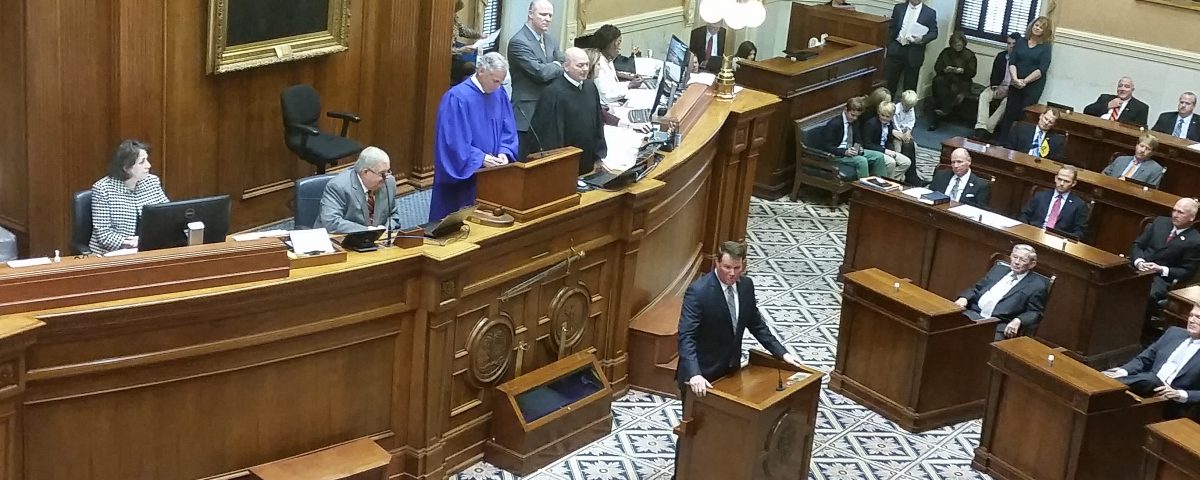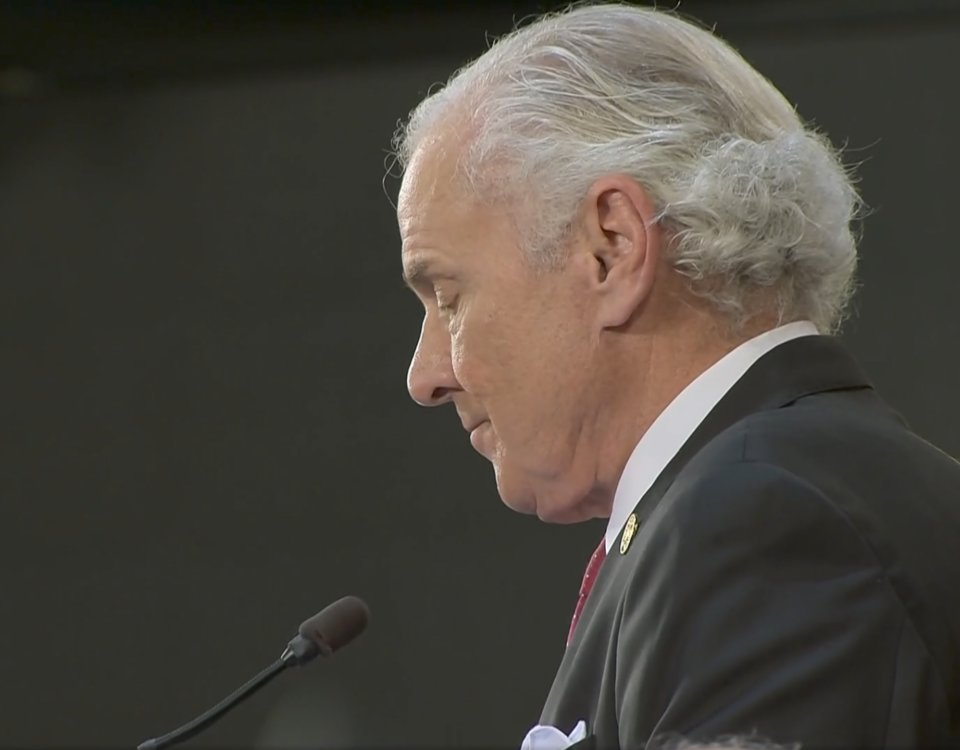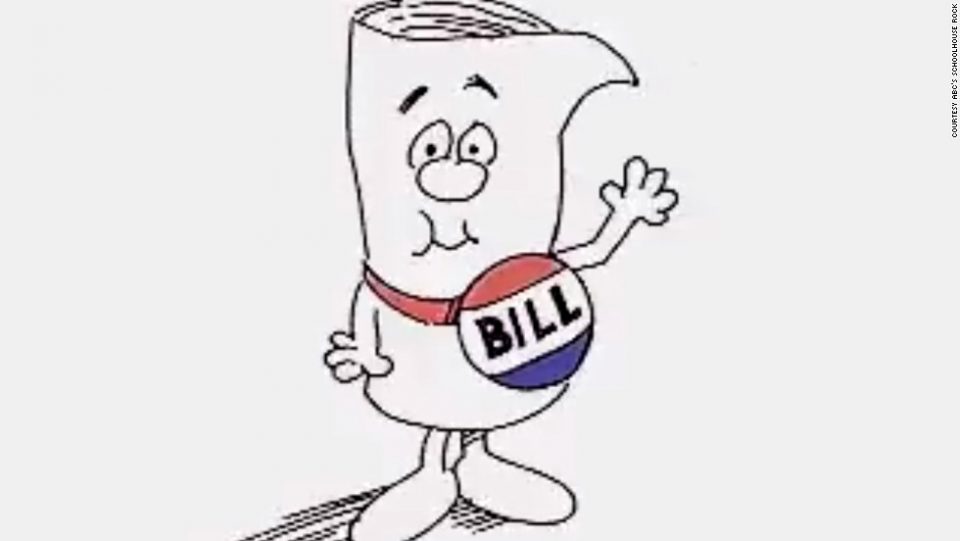2017 Legislative Hits and Misses

The 2017 legislative session will go down as one of the most pro-business sessions in recent memory. The legislative successes were because of strong grass-roots advocacy from the investors in our Upstate chambers of commerce.
The General Assembly buckled down during the first year of a shortened legislative session and passed more bills than they did in the typical first year of a two-year session. (The reader can decide for him or herself if that action alone is a notable accomplishment.) Several major pieces of legislation were passed – including the first part of reforming our pension system and long-term highway funding.
In all, four of the Upstate Chamber Coalition’s main priorities were signed into law. Seven others passed either the House or the Senate. Only two are stuck in the starting gates. The Upstate business community is in a great place heading into the second year of the session – which is notably an election year with the Governor and the State House on the ballot.
HIT: Long-term Highway Funding. After five years of debate and fighting with out-of-state interest groups, this was a major win for business. Infrastructure is essential to get goods to market efficiently and is an important incentive for companies looking to locate in our state. The first increase in the gas user fee will be $0.02 on July 1. When fully implemented in six years, there will be about $630 million in new funding for our DOT – money complimented by new reforms at DOT to ensure the money will be spent on objective highway priorities and not political whims.
MISS: Workforce Expansion. Legislation to expand our workforce by giving one-time, non-violent offenders a new start was inexplicably stalled in the session’s final days after passing the House 103-0. As unemployment in the Upstate continues to tick lower, getting these neighbors back into the workforce will be a top priority for us in 2018.
HIT: Part One of the Pension Crisis. The General Assembly began to shore up the state retirement system’s $23 to $40 billion unfunded liability by raising employee and taxpayer contributions to the system. We worked with legislative leadership for the “least bad deal” for the business community, and believe this bill fit that (admittedly low) bar. This bill was only a first step, and a joint committee will continue work this summer on structural reforms to ensure the system stays solvent and we keep our promises to teachers and first responders.
MISS: Business License Fees. This issue was a bi-polar mess during the year. One week there was a deal between the state municipal association and the business community, and the next week everyone walked away from the table. This should have been a serious negotiation between the businesses who rely on municipal services and the municipalities who need small, local businesses to preserve their city’s unique character. All parties agree on 90 percent of the proposed bill, but, as is typical in politics, the concept of control and money derailed things. We hope there will be a breakthrough so our smallest businesses can get the relief they need.
As we wrap-up the 2017 session, attention turns to next year. In the next month, we will begin work on our 2018 legislative agenda. A number of items from tax relief, lawsuit abuse reform, workforce expansion, and business license fees will be back on next year’s agenda.
Your local chamber of commerce is your voice from City Hall, to the Statehouse, and all the way up to Congress. If you have political or policy issues that are standing in the way of your business’ success, please let your local chambers know this summer so we can work to remove those barriers.




